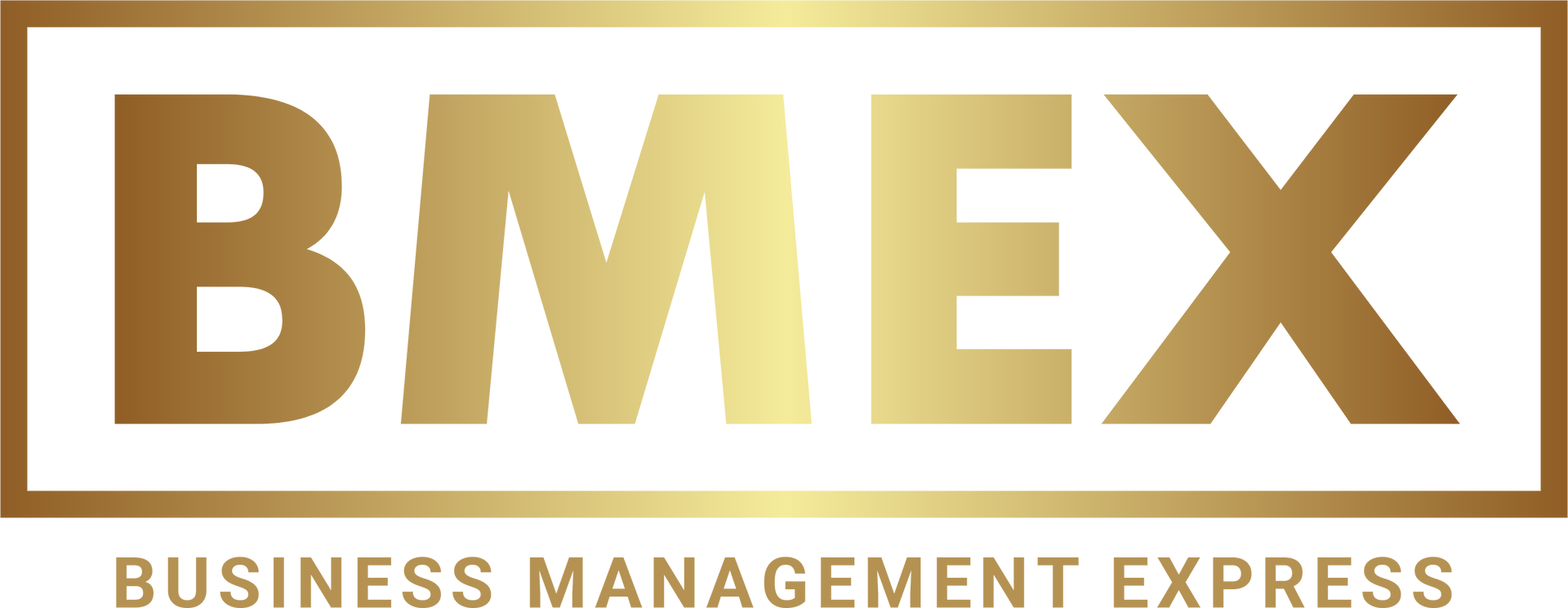CANADA
Canada combines strong rule of law, an excellent banking system and a pro-innovation environment. A Canadian company immediately signals credibility to clients, investors and payment providers, especially in tech, SaaS, consulting and online services. From Toronto and Vancouver to Montreal and Calgary, founders can plug into mature startup ecosystems, accelerators and talent pools, while still being able to run everything remotely.
For digital nomads and foreign founders, a Canadian corporation is often used as a “North American hub” to invoice global clients in CAD or USD, open business bank accounts, and access grants or startup programs where eligible. The legal system is predictable, contracts are widely recognized internationally, and English/French bilingualism helps when dealing with Europe and the US.
Canada allows 100% foreign ownership of most corporations, so non-residents (including EU residents) can incorporate a Canadian company without moving there. In many provinces there is now no resident-director requirement; in others, a portion of directors still must be Canadian residents (historically 25%). Either way, you can structure the company so that shareholders and some or all directors are based abroad, while maintaining a Canadian registered office and local service providers.
Practically, this means an EU-based founder can use a Canadian corporation as their North American “front door,” invoicing clients globally, with accounting and compliance handled by local professionals. The corporation itself will pay Canadian corporate tax on its income, while the owner remains tax-resident wherever they actually live. Again, their home country may tax them on dividends, management fees or on the retained profits of the Canadian company under CFC rules, so coordinated tax planning is important.
Taxes:
- Standard federal corporate tax is about 15%, with provincial corporate tax on top for a typical combined rate around the mid-20s. Qualifying small Canadian-controlled private corporations (CCPCs) often benefit from a reduced 9% federal rate on their first CAD 500,000 of active business income, and residents are taxed on worldwide personal income while non-residents are mainly taxed on Canadian-source income
- Reduced corporate tax from 9% for small businesses
- Tax deductions and credits for innovation and new businesses
- Simplification of tax procedures
Required documents to get started:
Main Owner, Shareholders and/or Directors of the company:
- Passport Copy : Copy of the passport of the director(s) and the company's shareholders.
- Proof of Address : Utility bill from your current country of residence (water, electricity or gas) or a bank statement showing the address in the name of the director(s), which is no more than 2 months old, as proof of address.
Advanced Package
- Description :
Perfect for those who need more guidance and additional services.
- Includes:
- Company registration.
- Digital incorporation certificate.
- Articles of Association.
- Register of Directors and Shareholders.
- Company Identification Number.
- Advice on drafting company bylaws.
- Registered address service for one year.
- Advice on tax and regulatory compliance.
Price: 899 EUR
Premium Package
- Description :
Perfect for those who need full support and services.
- Includes:
- Company registration.
- Digital incorporation certificate.
- Articles of Association.
- Register of Directors and Shareholders.
- Company Identification Number.
- Business structure.
- Drafting of the articles of association.
- Registered address service for one year.
- Advice on tax and regulatory compliance.
- Priority access to support and advice throughout the entire process.
Price: 1.499 EUR
Prestige Package
- Description :
Perfect for those who need full support and services including bank account opening.
- Includes:
- Company registration.
- Digital incorporation certificate.
- Articles of Association.
- Register of Directors and Shareholders.
- Company Identification Number.
- Business structure.
- Drafting of the articles of association.
- Registered address service for one year.
- Advice on tax and regulatory compliance.
- Priority access to support and advice throughout the entire process.
- Bank account opening assistance
Price: 3.900 EUR
To help expedite your process, please send a payment receipt (or hash if paying by crypto) to @Ready_Corp via Telegram.
